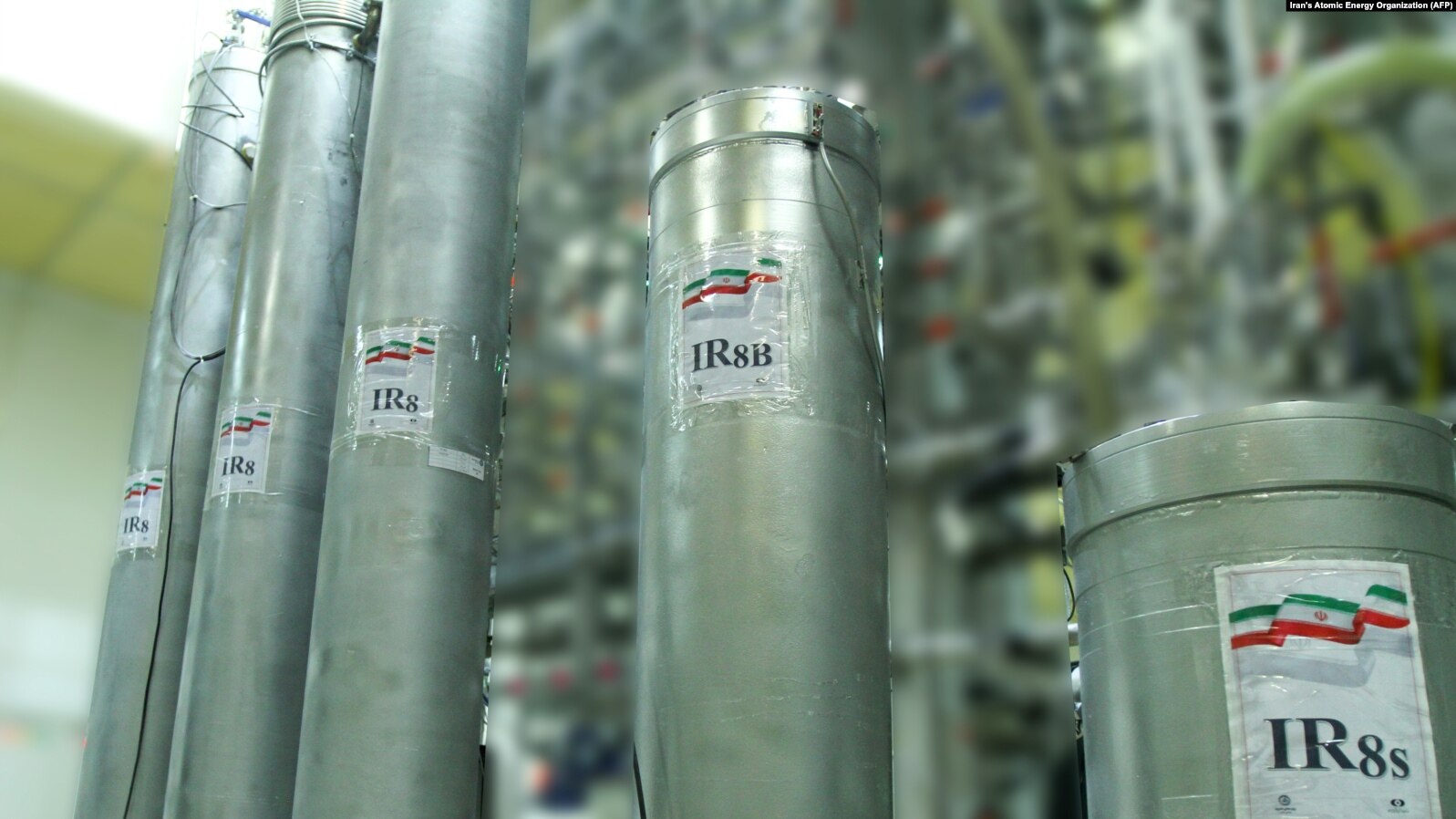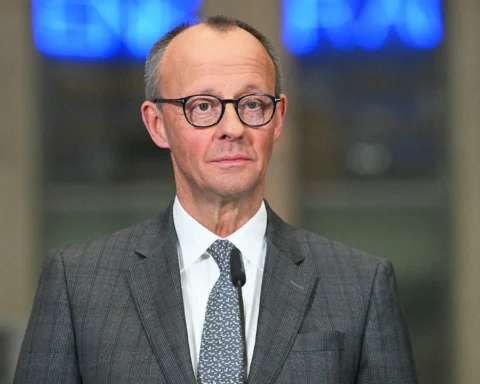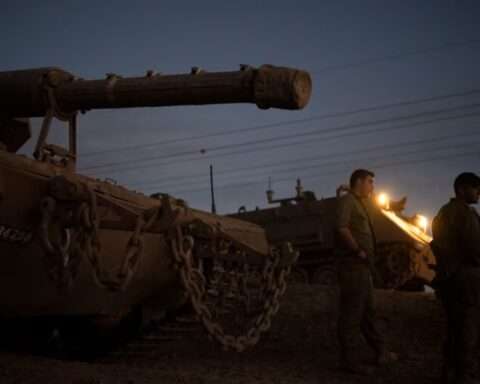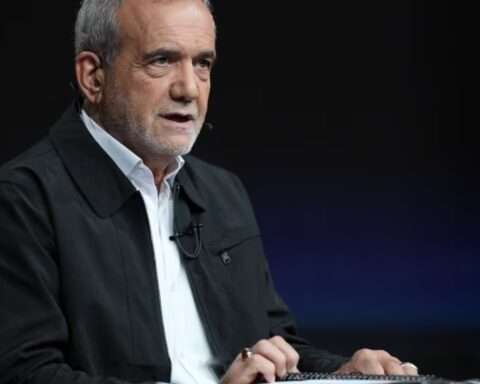Britain, France, and Germany issued the plea on February 12 following a call the previous day by Russia’s deputy foreign minister for Iran to “show restraint” as a new U.S. administration weighs possible paths to rejoining the multilateral Joint Comprehensive Plan Of Action (JCPOA) from 2015.
International Atomic Energy Agency (IAEA) Director-General Rafael Grossi informed member states on February 10 that the UN atomic watchdog’s inspectors had confirmed this week that 3.6 grams of uranium metal had been produced at an Iranian nuclear facility in Isfahan.
“We strongly urge Iran to halt these activities without delay and not to take any new noncompliant steps on its nuclear program,” the E3 said in a statement. “In escalating its noncompliance, Iran is undermining the opportunity for renewed diplomacy to fully realize the objectives of the JCPOA.”
Ex-President Donald Trump withdrew the United States in 2018 from the agreement and reimposed punishing sanctions against Iran, but President Joe Biden campaigned ahead of the U.S. elections in November 2020 on seeking a way to revisit that move.
The Biden administration has insisted that Iran move to full compliance with the JCPOA before Washington will return to the deal, but Tehran has rejected any preconditions.
U.S. and other intelligence sources have suggested Iran could be just months away from nuclear bomb-making if it chose to pursue such a weapon, given its return to some sensitive nuclear activities since Trump’s withdrawal.
Tehran has resolutely insisted it wants nuclear technology for a civilian energy program and not a weapon, although the IAEA and some Western governments point to a history of obfuscation and deceit by Iranian officials in the face of past concerns.
“We reiterate that Iran has no credible civilian justification for these activities, which are a key step in the development of a nuclear weapon,” the statement by the E3 repeated.
The nuclear agreement, which exchanged sanctions relief for curbs on technology, put a 15-year ban on Iran “producing or acquiring plutonium or uranium metals or their alloys.”
Russia — which along with the E3 and China is a signatory to the JCPOA — has sought to keep diplomatic channels open to Tehran as it cooperates on Syria, Libya, and on other problems in the region.
“We understand the logic of their actions and the reasons prompting Iran,” Russian Deputy Foreign Minister Sergei Ryabkov said of Tehran on February 11. “Despite this, it is necessary to show restraint and a responsible approach.”
The nuclear agreement — reached by Iran, the United States, China, Russia, Germany, France and Britain — put a 15-year ban on Iran “producing or acquiring plutonium or uranium metals or their alloys.”
Tehran has gradually breached the deal since the U.S. pullout by building up its stockpile of low-enriched uranium, refining uranium to a higher level of purity, and using advanced centrifuges for enrichment.
After the assassination in Iran of a top nuclear scientist in December 2020 that Tehran blames on Israel, Iranian officials signaled their intention to research uranium metal production.






